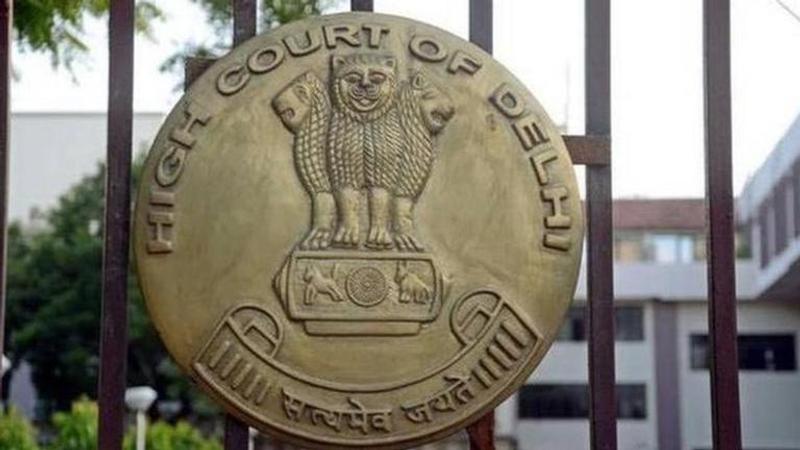Published 16:54 IST, December 30th 2019
Delhi High Court adjourns hearing on Seelampur violence until Tuesday
Delhi HC adjourned the hearing in the Seelampur violence case for Tuesday also issued a show-cause notice to the jail authorities as they failed to respond

A Delhi court on December 30, adjourned the hearing in the Seelampur violence case for Tuesday. While adjourning the case, Additional Session Judge Gurdeep Singh, also issued a show-cause notice to the jail authorities as they had not responded to the medical reports of the accused who were detained during violent protests in Delhi's Seelampur a few weeks ago.
The lawyer, representing an accused named Sajid, had told the court that his client was not a part of the protests and that his name is not registered in the FIR. "Influential people are not arrested because of their status even though their names are there in the FIR," he added.
A counsel, representing another accused named Daniyal, told the court that there is no CCTV footage to claim that his client took part in the violence and raised questions on the police for charging him under section 307 (attempt to murder) of the Indian Penal Code.
Judge Gurdeep Singh asked why the accused were charged under the mentioned section to which the complainant said that they threw petrol bombs at police officers due to which two officers suffered injuries.
Seelampur violence
An anti-Citizenship Amendment Act (CAA) protest erupted in East Delhi's Seelampur area on December 17 and took a violent turn. According to police sources, the protesters gathered at around 1.15 pm and marched towards Seelampur. The sources stated that initially, the protests were peaceful, however, it took a violent turn, forcing the police to use tear gas shells to disperse the protesters.
The Delhi Police had arrested 14 people during the protest. Consequently, the court sent them to 14-days judicial custody. The protesters had allegedly entered in a clash with police and damaged three buses during the protest.
They were staging a protest against the Act, which grants citizenship to Hindus, Sikhs, Jains, Parsis, Buddhists and Christians who faced religious persecution from Pakistan, Afghanistan and Bangladesh, who came to India on or before December 31, 2014.
(With inputs from ANI)
Updated 16:54 IST, December 30th 2019




